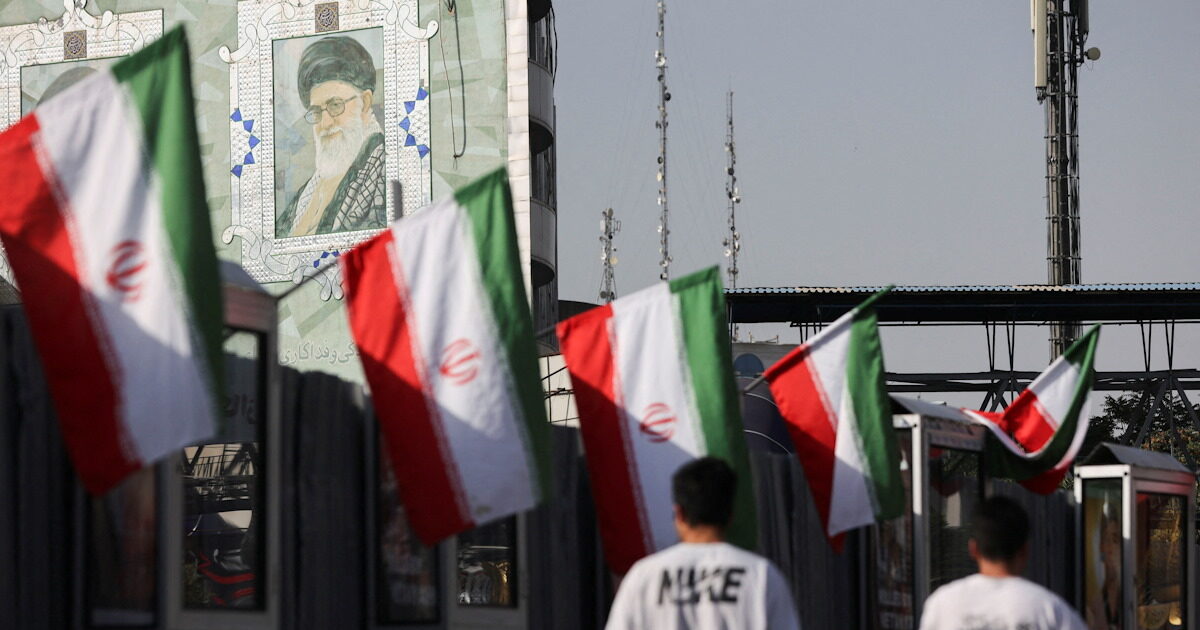Secret negotiations of USA to return to the discussion table for his nuclear program Iran They have been taking place between Washington and Tehran lately.
Specifically, according to a CNN report, citing four sources, the US government has discussed the possibility of helping Iran gain access to up to $ 30 billion to build a nuclear power production program for non -military use, relaxing and releasing penalties.
Important US and the Middle East factors have had backstage talks with Iranians, amid bombings between Iran and Israel in the last two weeks. These conversations continued this week after reaching a truce agreement.
Trump government officials stressed that several proposals have been made with a basic and non -negotiable condition: Iranian zero uranium enrichment, which he has repeatedly stated.
Indeed, some details were discussed at a secret meeting that lasted an hour between US Special Envoy Steve Whitkov, and the Gulf Parts in the White House last Friday, June 20, the day before the US military attacks against Iran.
Discussions allegedly included:
- Investment of $ 20-30 billion in a new Iranian nuclear non-enrich program to be used for non-military energy purposes. One of the officials insisted that the money would not come directly from the US, who prefer to cover the costs by their Arab partners. Investments in Iran’s nuclear power facilities have been discussed in previous rounds of nuclear talks in recent months.
- Removing some sanctions: Another proposal involves removing certain economic sanctions against Iran, giving him access to funds that have been frozen due to international restrictions. This move is regarded as a means of strengthening Tehran and removing nuclear race strategies.
- Removing some sanctions: Another proposal involves removing certain economic sanctions against Iran, giving him access to funds that have been frozen due to international restrictions. This move is regarded as a means of strengthening Tehran and removing nuclear race strategies.
- Nuclear plant reconstruction: Reportedly, there is also a debate on the possibility of rebuilding the destroyed nuclear facilities, with the aim of boosting transparency and ensuring that Tehran will not be able to develop nuclear weapons.
US hopes to agree after bombing
Within the Trump government there is widespread hope that after the developments of the last two weeks, Iran is more likely to accept the US terms and stop efforts to build a nuclear weapon.
However, Iranian experts warn the opposite scenario, as the Iranian regime may now decide that a nuclear weapon is needed.
Earlier in the week, the Iranian parliament approved a bill to end the UN nuclear organization (IAEA), indicating its intention to hide its nuclear program.
Before the Israeli military operation against Iran, two weeks earlier, the United States and Iran had held five rounds of negotiations aimed at shaping a new nuclear framework. Washington had already submitted a proposal to Tehran, with Iran expected to respond to the sixth round of talks scheduled to take place in Oman. These consultations, however, were canceled due to Israeli bumps on Iranian territory.
On Saturday, shortly before the United States launched attacks on three Iranian nuclear facilities, the Trump government contacted Tehran through intermediaries, conveying a double message: First, that US blows would be limited, and secondly, that the terms of the US for a diplomatic agreement.
Trump was skeptical about the prospects of an agreement, telling reporters after the announcement of talks with Iran next week: “We may sign a deal, I don’t know.”
“I could get a statement that they are not going to get nuclear, we will probably ask for this,” Trump said at a NATO summit on Wednesday.
The president added that his government would seek the same kind of commitments he sought to negotiate with Iran before the latest conflict between Israel and Iran.
“The only thing we would ask for is what we asked for before,” Trump said, adding that he does not want nuclear.
